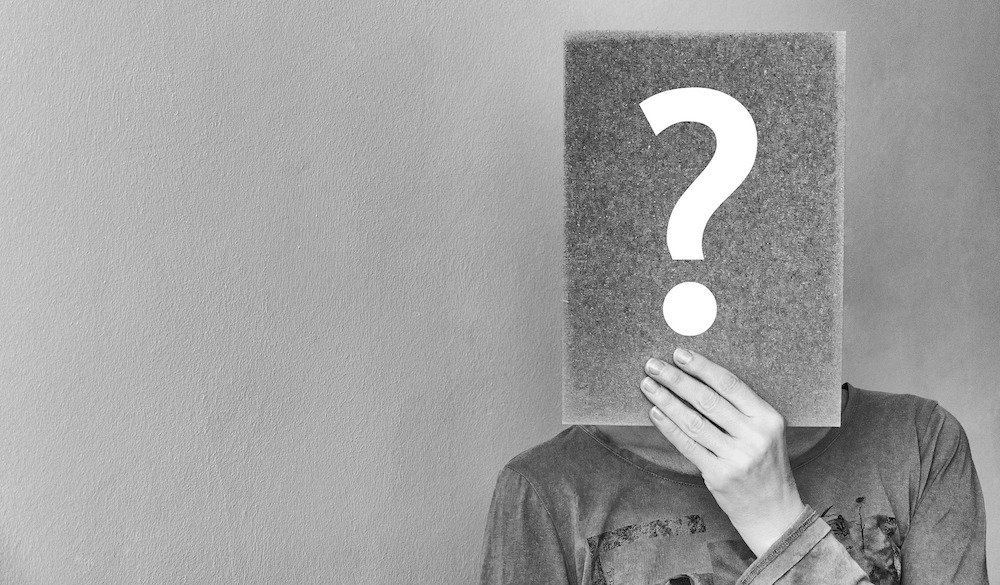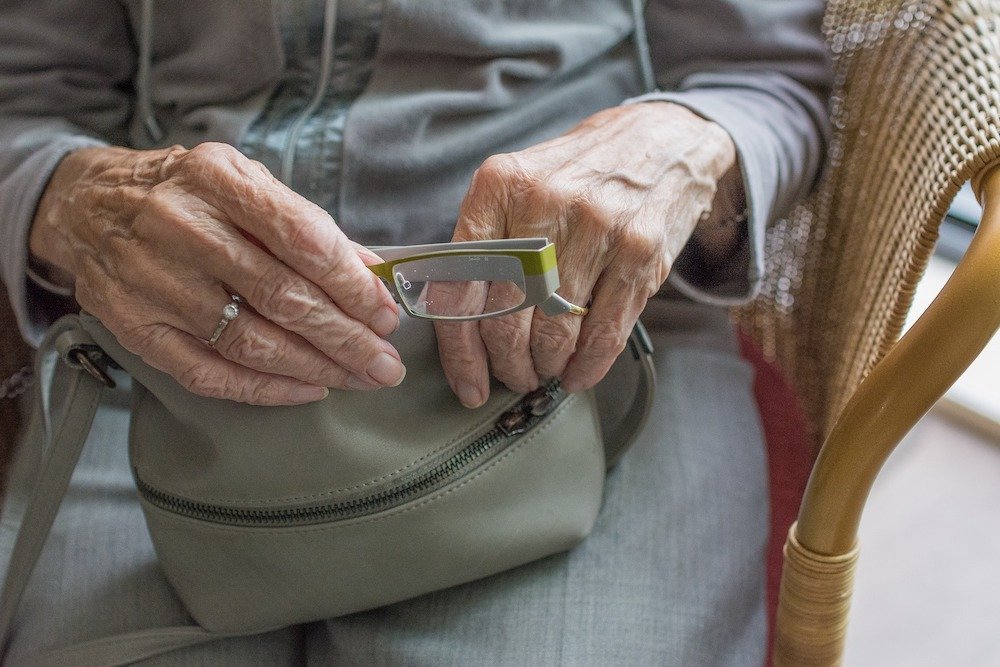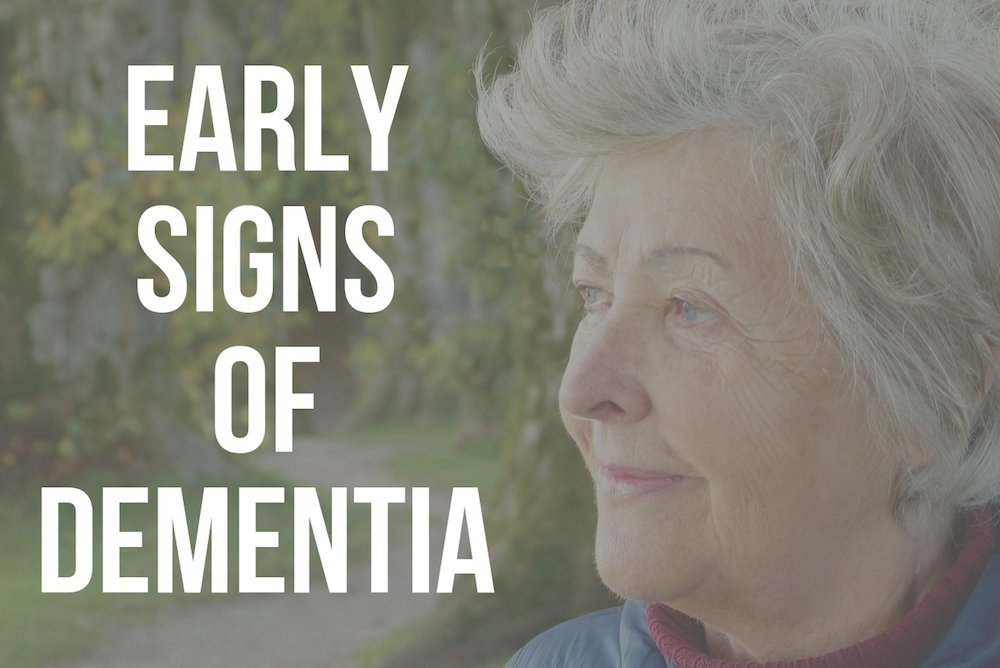If you are aware of the first signs of dementia, you can act early and lighten the effects of the disease on a person.
We can briefly describe dementia as multiple symptoms that affect an individual’s cognitive functioning.
This can alter how a person reasons, thinks and remembers. It is usually not very easy to tell that a person has dementia, especially in the initial stages.
This is because the early signs usually are quite vague and subtle. In some instances, they are almost similar to the effects of aging.
However, there are some that may clearly come out so that you can know when to seek medical attention.
Below we will look at the most common signs and symptoms of dementia you should be aware of.
Contents
- The most common first signs of dementia
- 1. Memory Lapses
- 2. Changes in Abstract Thinking
- 3. Apathy
- 4. Rapid Mood Changes
- 5. A Shift in the Ability to Complete Normal Tasks
- 6. Confusion
- 7. Problems with Words while Writing or Speaking
- 8. Failing Sense of Direction
- 9. Lapse in Judgement
- 10. Social Withdrawal
- 11. Losing Things
- 12. Challenges with Vision
- 13. Poor hygiene
- Related Posts
The most common first signs of dementia
1. Memory Lapses

Memory impairment is one of the first signs of dementia. A person with this medical condition will have problems remembering even the simplest things.
It does not have to be something that happened ages ago. The person may forget the information that they have just learned.
While talking to such an individual, you may find that you constantly have to repeat something over and over, and still they do not remember a thing. It is also common to lose track of vital dates, events, and names of loved ones.
At this point, the individual continually has to rely on memory aids such as electronic devices and reminder notes for things that they formerly used to handle easily on their own.
2. Changes in Abstract Thinking

Challenges with abstract thinking also characterize the onset of dementia. Persons with dementia will often have difficulties performing mental tasks.
For instance, conducting monetary transactions becomes such a huge deal that a person cannot even pay a bill.
Planning tasks, organizing projects and making proper decisions become more difficult. In line with this, a person with this illness may not know the steps to follow to prepare a meal or even put on clothes properly.
You may even lose such a person mid-conversation because their levels of concentration reduce significantly. The individuals may find themselves in danger, for instance, if they are driving and have problems with directions.
3. Apathy

Apathy is another possible first sign of dementia. While it may be quite normal for humans to “lose their spark” occasionally, a person with dementia may experience a persistent loss of motivation to do anything.
He/she may lack interest in the things that they once found joy in. Apathy is not something that will come and go; once present, it remains persistent.
Apathy may result in a person losing curiosity in new things and even interest to interact with people. It is also associated with unemotional responses to personal events or news.
The Alzheimers Society reckons that about 50-70% of individuals with dementia also have apathy.
4. Rapid Mood Changes

It is easy to notice rapid mood swings from a person who is on the initial stages of dementia. Some individuals are prone to serious medical issues like anxiety or depression.
A person with the illness may, at one point, become unusually happy and after a few minutes, they are shedding real tears.
Additionally, people who are aware of their loss of ability to recall memories and information, communicate, and function may go through a wide range of emotions.
These can include frustration, fear, anger, and sadness.
Many people will also develop behaviors that are out of character like acting up in a social setting and becoming highly irritable.
5. A Shift in the Ability to Complete Normal Tasks

When a person is not able to complete everyday tasks, it may be an indication of the first signs of dementia.
Sometimes, an individual will find it almost impossible to maintain a budget or remember the rules of a game they love to play.
A person may find themselves seeking help all the time when they want to record a TV show or change the settings in the microwave.
An individual may also have a difficult time driving to a location they always go to, say the mall or office.
Sadly, this is something that only gets worse as the disease progresses where a person slowly loses their independence.
6. Confusion

Confusion is another sign to look out for if you suspect that someone is in the first stages of dementia.
A person may no longer be in a position to remember familiar faces. He or she may have faces and names mixed up.
For example, a mother may refer to her daughter as the son and the son as the brother or friend. Naturally, a confused person will not interact with others regularly.
It also becomes very easy for these individuals to lose track of the passage of time, seasons, and dates. They may have challenges understanding why something is not happening on their clock.
Someone can be in their house and have no clue how and why they are in the home.
7. Problems with Words while Writing or Speaking

A classic first sign of dementia is trouble with words during a speech or when a person is writing. Identifying the right words to use on various occasions becomes an uphill task.
Vocabulary also becomes a problem.
Some individuals may even forget the meaning of some words. They may also struggle to follow storylines whether they are talking to a person or watching their favorite TV program.
At times, it may imply that a person has problems with their vision. This can cause an individual not to be able to read well, determine color, or contrast, judge distance, and other related issues.
8. Failing Sense of Direction

Spatial orientation and the sense of direction stars to deteriorate when a person first starts experiencing dementia. It can mean anything from forgetting routes that a person regularly uses to failing to recognize familiar landmarks.
This also comes with difficulties following step-by-step instructions or a series of directions.
It is one of the reasons why caregivers must keep an eye on people with dementia because there are multiple cases of wandering and getting lost.
Where possible, the person with dementia should stay in a gated community so that even when they take walks and do not know where they are going, they will not leave the gates of the community.
9. Lapse in Judgement

Poor judgment is something that cannot be ignored when discussing the first signs of dementia. This is where a person is not in the right frame of mind to make sound decisions.
They are not able to evaluate the various factors they need to consider to make an appropriate decision.
Note that this is not all about questionable decisions. It is about a noticeable pattern of inappropriate actions and decisions.
An example is a lady or gentleman who is not able to assess safety limits. He or she may want to cross the road on a busy road oblivious of the danger that lays ahead.
10. Social Withdrawal

Social withdrawal is another sign you can expect from a person with dementia. It is usually most recognizable from persons who have bubbly outgoing personalities.
Such people no longer want to hang out with their friends or family. They want to retreat into a cocoon and stay by alone.
You will notice that such people slowly start removing themselves from social activities, sports, work projects, and hobbies.
Your calls may go answered or they may promise to meet up and not end up fulfilling these promises. Sometimes this is fuelled by embarrassment because they are aware that life is not what it was.
11. Losing Things

Misplacing and losing things can also count as the first signs of dementia. A person may put simple things like keys or valuables in unusual places and forget where they kept them in the first place.
Putting a remote in a freezer and groceries in the socks drawer may appear normal to an individual with dementia.
This sign goes hand in hand with the inability to retrace steps because a person is not able to go back and find their things again. Every now and then, the affected person may accuse people around him or her of stealing.
Some individuals will get to the extent of hiding things and even get into an unhealthy habit of hoarding.
12. Challenges with Vision

One of the earliest signs of dementia could be challenges with vision. Of course, it is crucial to understand that vision problems can be due to old age.
That said, do not panic right away. Whether you notice impaired vision or you witness your loved one having issues, do seek a doctor as fast as possible. This is especially important if the person is still driving.
Either way, taking action early enough can get rid of the inconvenience that can occur later down the line. It is important to examine yourself on a daily basis since you can avoid a lot of headaches this way.
13. Poor hygiene

You know something is happening with your older adult (or anyone else) when they start to neglect personal hygiene.
Of course, this not necessarily means they have dementia. There are all sorts of different reasons why a person might begin lacking hygiene – and dementia sure is one of them.
It is one of the first signs of dementia that you can spot pretty easily, as it is tough to hide it. Even if they do try to hide it, they will typically start to wear a lot of perfume or cologne.
Make sure you are always paying close attention when something unordinary starts to happening and take your loved one to see a specialist as early as possible.







